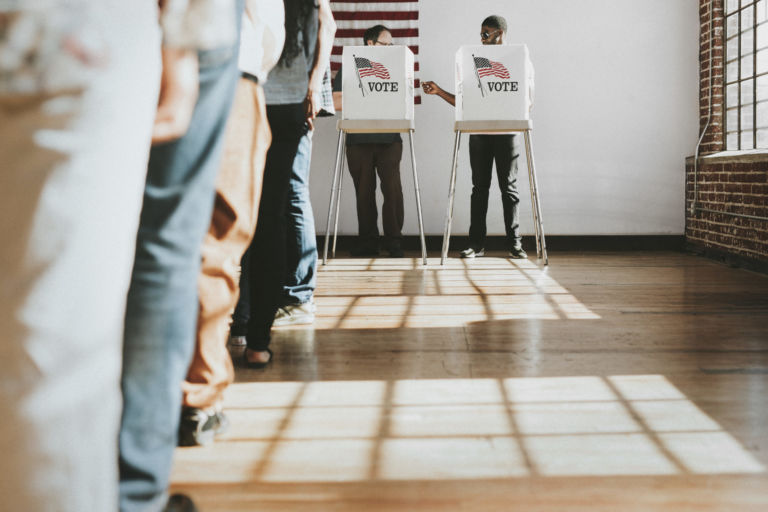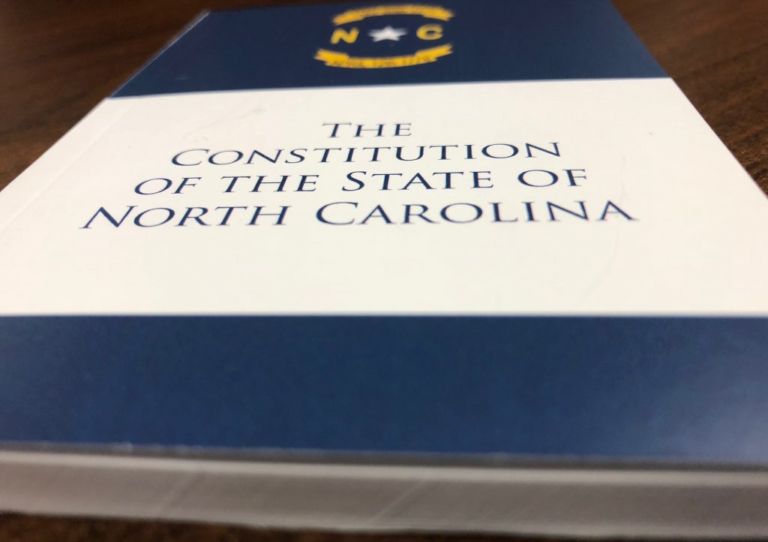Chris Siddall writes for the Washington Examiner about the need to revisit election practices in a post-COVID world.
COVID changed education and healthcare, and it changed how we work, socialize, and practice religion. COVID also changed how we vote. Many of our COVID-era election practices would not pass muster with even the most permissive of election observers. Transparency, security, and perceived fairness of the system across states and key counties could suffer unless we plan changes now.
Ballot drop boxes without tamper-evident seals, secured with $8 hardware-store padlocks in Washington, D.C.? Week-long delays in regional results reporting? Handfuls of automatically mailed ballots subject to no or only cursory signature verification? Those practices could have sparked revolution in many of the countries where I have worked with national election commissions.
Many election practices engineered in strange times no longer work when normal life reasserts itself. For instance, people in several post-Soviet countries were duly suspicious of the “mobile” ballot box once used by Soviet authorities to juice turnout and enforce party discipline in local precincts. Most of those boxes were abandoned for reasons of transparency, public confidence, and sloughing off of near-compulsory voting. Ideas pitched as simple matters of convenience, of course, always have their partisans. Mobile ballot box canvassing, for instance, resurfaced with Soviet flair in Moscow’s September 2022 sham referendum in Russian-occupied Ukraine.
In countries with little or only intermittent experience in competitive democracy, my colleagues and I helped build election commissions as credible institutions of governance. We contributed to discussions of mechanics in open parliamentary sessions and behind closed doors when asked by national leaders and election managers. Every country’s case called for carefully negotiated processes that kept fairness and transparency top of mind. In several cases, those who forced new procedures without due deliberation were shocked by ugly outcomes (e.g., delays, missing materials, deluges of complaints and lawsuits) on Election Day.


